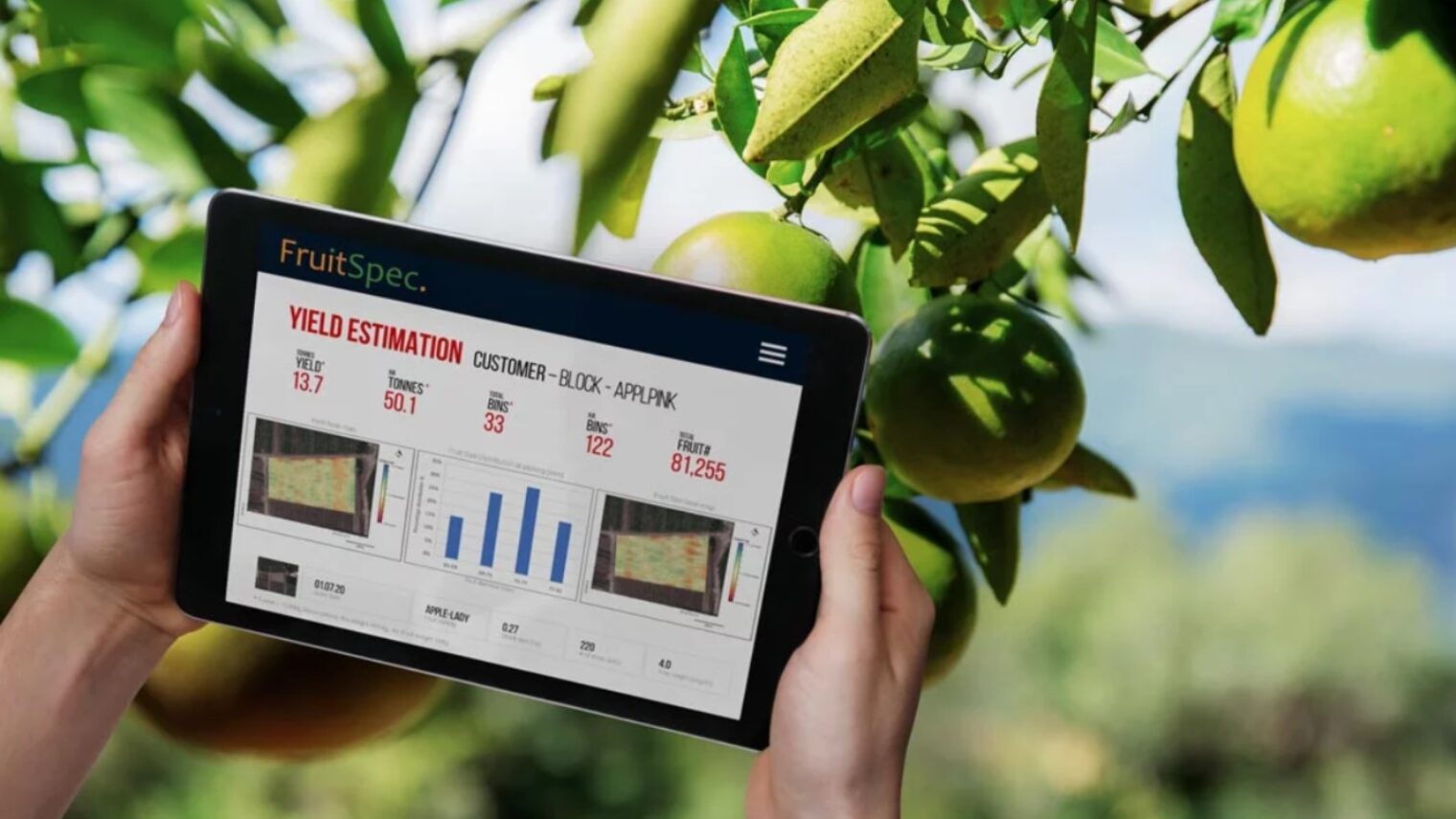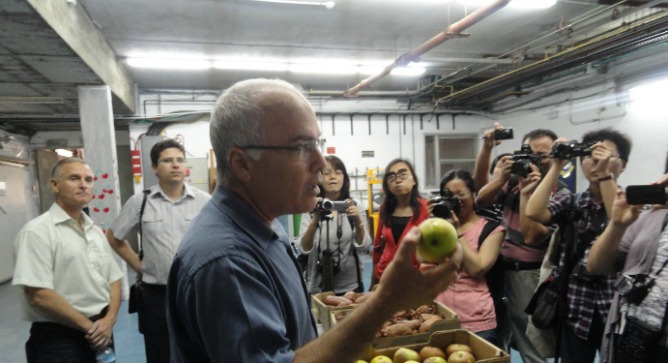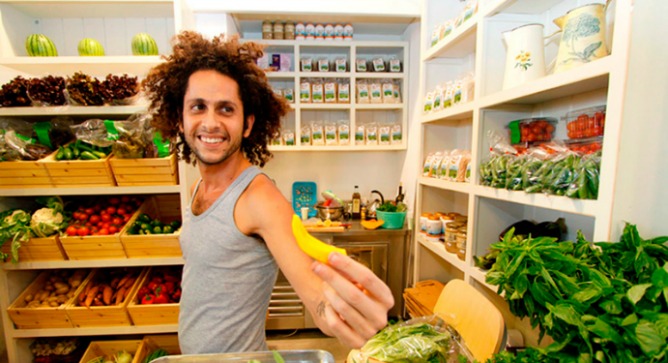A whole panoply of problems is threatening farmers’ ability to feed the rapidly growing world population.
Problems of soil quality and arable land availability. Problems of extreme weather that have severely affected Canadian apples and California citrus, to name just two. Problems of plant diseases decimating crops such as tomatoes.
In previous articles, ISRAEL21c has explored how hundreds of Israeli ag-tech solutions are helping farmers across the globe boost the quality and quantity of their yield despite all these problems. (Click here to read about precision irrigation and here to read about help for trees.)
Recently, we looked at Israeli contributions in the trend toward regenerative agriculture practices.
Unfortunately, the story doesn’t end when crops are successfully grown through much effort and expense. A whole new set of problems arises after they are harvested.
Welcome to the postharvest crisis.
30% lost on way to market
“About 30 percent of the food that is grown does not get to the supermarket. It’s lost on the way. That’s a huge amount,” says Dganit Vered, CEO of Smart Agro Fund, an Israeli public R&D partnership advancing startups that address big problems in agriculture.
And this is a heck of a big problem.
According to the UN’s Food and Agriculture Organization, losses as high as 40-50% for root crops, fruits and vegetables, 30% for cereal grains, and 20% for oilseeds result from issues such as inefficient farming methods, improper postharvest storage and handling, and logistics glitches.
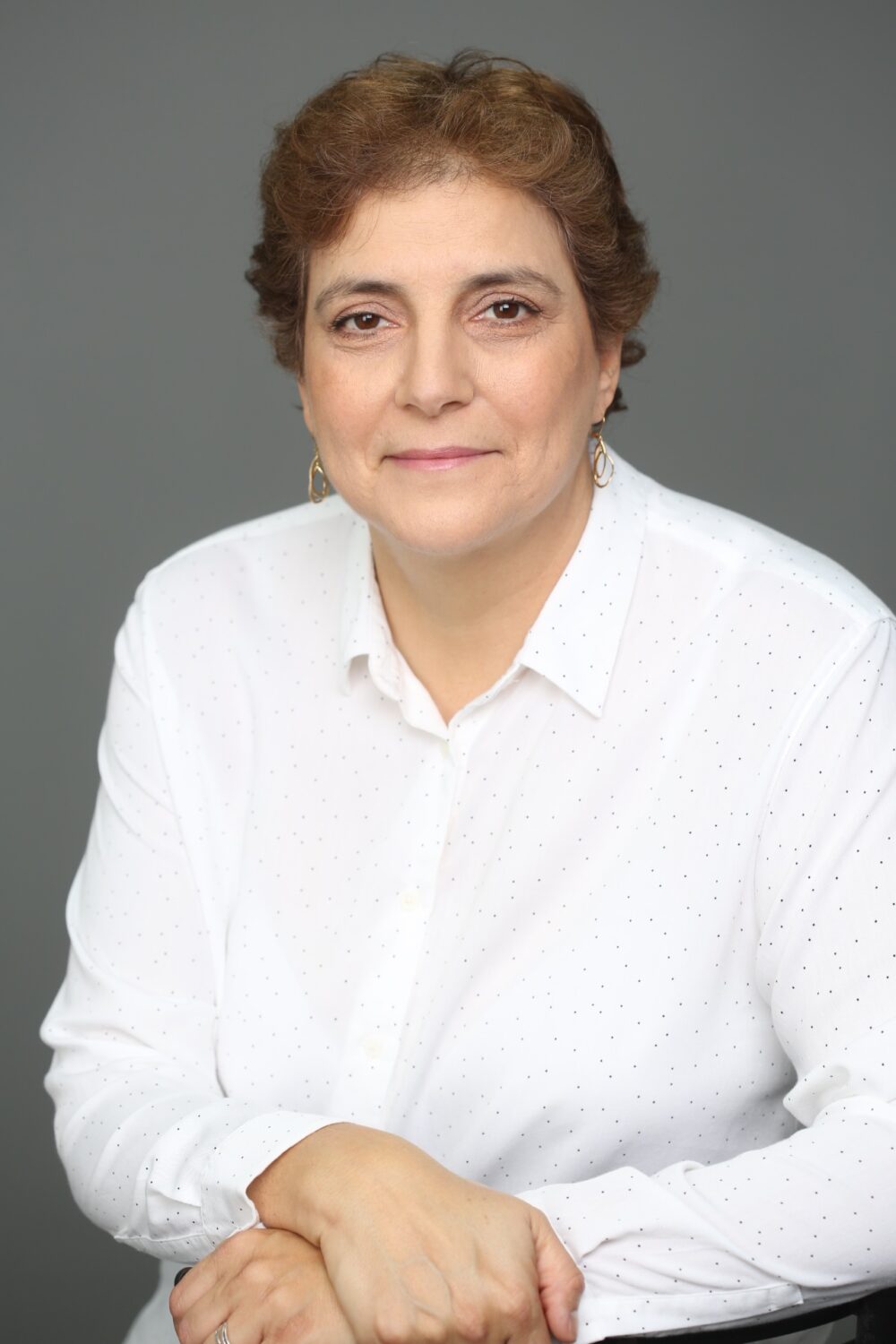
At the growing stage, Israeli companies such as Agritask apply advanced intelligence to farmers for optimizing yield, and to food and beverage companies for optimizing efficiency and scalability.
“Agritask helps the food and beverage company know what product they will get, at what quality, from which farmer, and at what time, from thousands of growers, helping them manage input to their factories,” says Vered.
Agritask is helping to cut field losses of 50 types of crops on 230,000 farms in 35 countries. Insurance companies and food and beverage companies, such as Heineken and Starbucks, rely on Agritask data to increase predictability, manage risk and reduce waste along the supply chain.
Saving fruit from the bin
At the logistical stage, one issue arises when contracts between the farm and the packing house or distributor are signed too early in the season.
“If you signed a contract to provide medium oranges and they end up large, you find yourself in a mismatch between what you have in the field and what you signed a contract on. We’re talking $30 billion in losses in the US just for this problem,” Vered says.
“Farmers must know what is happening in the field earlier. Even a month before you pick you can adjust your contract according to what is on the tree.”
FruitSpec is tackling this issue for customers in Argentina, California, Florida, Spain, Israel, South Africa and Chile, using hyper-spectral imaging and deep learning algorithms to provide early-season yield and size predictions.
“If you know what you have and can manage it, you can optimize your inventory and pricing,” FruitSpec CEO and cofounder Raviv Kula tells ISRAEL21c.
ClariFruit helps cut postharvest losses with its automatic fresh produce quality control app and software.
Using ClariFruit’s inspection solution, fruit rated low on a scale of 1-10 can be directed to buyers catering to bargain markets, while fruit that scores high goes to buyers for premium markets. The result: more produce gets sold.
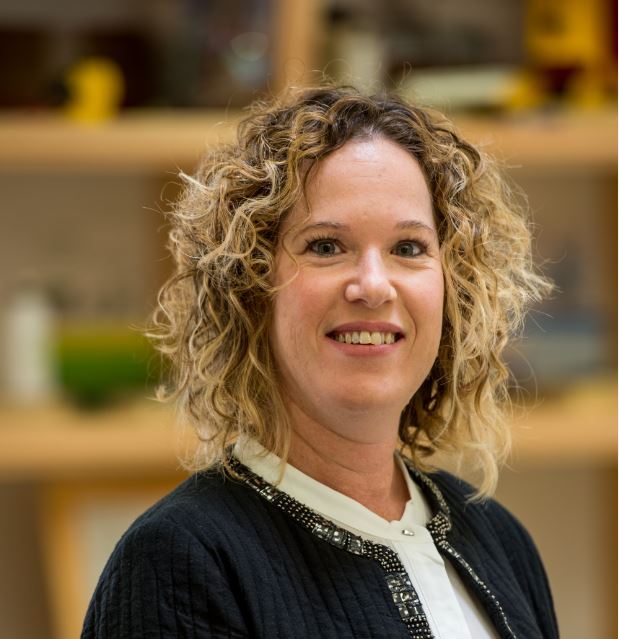
Sarai Kemp, vice president of deal flow at Trendlines Agrifood Fund, explains that “mismanagement of inventory can cause greater loss than poor quality. Theoretically, if you analyze and classify every kind of produce by quality and size, you have a more efficient way of sending them out to market.”
Produce doesn’t have to be trashed
While grain also can be damaged in the postharvest stage, Kemp explains that “specialty crops, like fruits and some vegetables, are more expensive than grain so it makes more sense to invest in postharvest technologies for these.”
Yet although fresh fruits and vegetables pass through multiple checkpoints – “and at each point you have the ability to control or improve the loss,” says Kemp — an alarming amount lands in the dumpster.
Maybe they’re misshapen or got damaged during picking or packing. Maybe they became contaminated, spoiled or overripe during transit or storage.
“If a manufacturer buys 2 tons of eggplant to make eggplant salad and finds E. coli in a small sample, all the eggplant goes into the garbage,” Vered says.
One elegant solution for saving “ugly” produce from the dustbin comes from The Kitchen Hub portfolio company Anina.
This early-stage startup is developing attractively packaged ready-to-heat meals in a pouch made from nutritious, flavorful but unmarketable vegetables.
Companies such as Yarok Microbio are developing quick, cost-effective solutions for the early detection of pathogenic bacteria, plant diseases and/or contaminants.
Save Foods has successfully tested its patented blends of food acids and oxidizers in protecting against microbial spoilage and foodborne pathogens in citrus fruits, mango, avocado, pears, bell peppers, microgreens, and various fresh-cut vegetables.
Extending shelf life
Perishability is perhaps the hardest nut to crack in preventing postharvest waste.
According to the UK Food Loss Estimate Waste & Resources Action Programme (WRAP), extending shelf life by just one more day across a range of foods could save 250,000 tons of food each year.
Itamar Lupo, CEO of Ripe Guard, tells ISRAEL21c that 18% of the losses are at retailers, mostly due to ripeness and shelf-life misjudgments, because there is no objective tool that can predict fresh produce shelf life.
“Currently, retailers use the FIFO (first in first out) method,” he says. “We offer the ability to switch to FEFO (first expiry first out) — and spare so much loss by applying expiration dates for every fruit and vegetable batch.”
Ripe Guard, now in the TerraLab incubator of Terra Venture Partners, came out of research at Migal Research Institute’s Postharvest Innovation Center in Kiryat Shmona.
Evigence makes a freshness sensor system enabling retailers and customers to gauge actual freshness instead of relying on a stamped date, which can save good produce from getting tossed.
Varcode aims to prevent produce losses during transit and storage by tracking and verifying temperature handling using a unique temperature protection and Smart Tag temperature monitoring solution.
Wasteless uses AI to lower an item’s displayed price gradually as it nears its expiration date, incentivizing customers to buy rather than pass over older packaged produce.
Several Israeli startups aim to make fruits and vegetables last longer without using wasteful and polluting substances such as plastic.
Sufresca has developed a cost-effective, edible, plant-based biodegradable coating that extends the shelf life of produce by several weeks, whether at room temperature or under refrigeration.
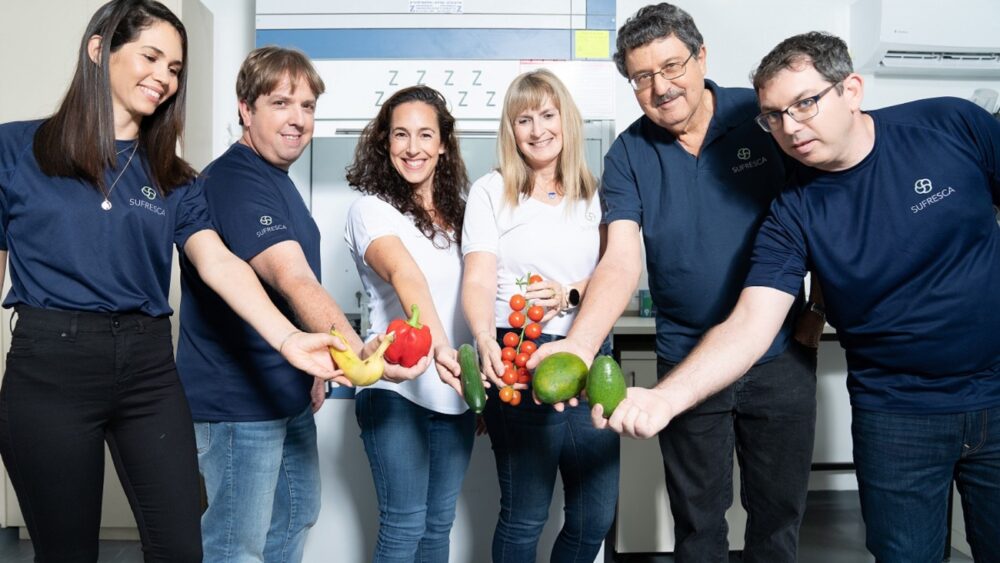
Based on 15 years of research at the Hebrew University, the coating is ultrathin, transparent, tasteless and odorless. The company has ongoing industrial trials with produce distributors in Belgium, France, Israel and the UK and is projecting initial revenue by 2023.
Also born of academic research – at Tel Aviv University and Hebrew University — Bountica is using pharma drug discovery technologies to develop food-safe natural proteins called antifungal peptides that prevent the decay and spoilage of perishable foods and beverages.
ZoePac technology and StePac are innovating smart ecofriendly packaging technologies that extend the life of fresh produce.
These and dozens of other Israeli startups are directly addressing the mega problem of agricultural loss along the entire supply chain.




